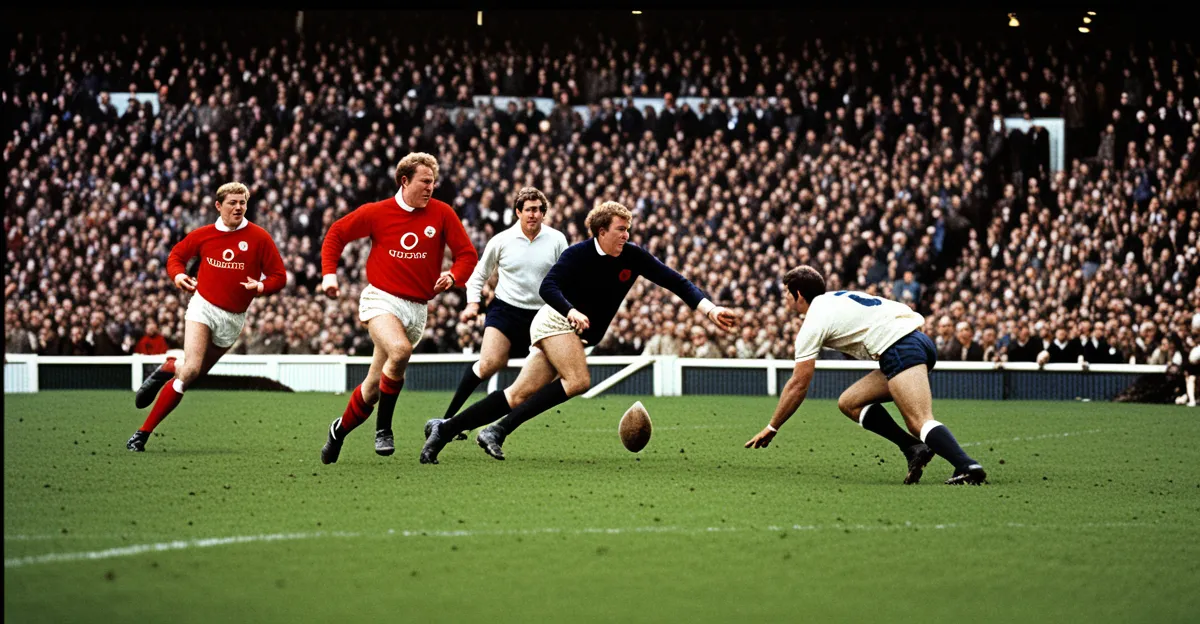Defining Memorable Sporting Moments in UK History
To understand what makes historic UK sporting events truly memorable, certain criteria must be applied. A defining moment typically involves more than just a win or loss; it captures a significant shift, evokes strong public emotion, or marks a turning point in sports history. Examples include groundbreaking achievements or moments that transcend sport, influencing British sports culture and society at large.
The impact of these moments often extends beyond the playing field, contributing meaningfully to the UK sports legacy by inspiring generations and reflecting societal values. This influence shapes national identity and fosters social cohesion, reinforcing sports as a key cultural pillar.
In parallel : What Are the Top Underdog Stories in UK Sports History?
Our methodology for selecting and analysing such events focuses on their historical context, immediate outcomes, and long-term significance. We evaluate both the scale of public engagement and the transformative effects on athletes and communities. This approach ensures a comprehensive understanding of why certain moments endure as part of the UK’s celebrated sporting heritage.
Pioneering Events That Shaped UK Sports
Exploring the origins and historic milestones that established British sports traditions
Topic to read : How Can Engaging in UK Sports Activities Boost Community Spirit?
Early origin of UK sporting events laid the groundwork for a rich sporting culture. The launch of the FA Cup in 1871 marked a defining moment, creating the world’s first organized football tournament that set the precedent for competitive team sports. Similarly, Wimbledon’s inaugural tennis championship in 1877 introduced a prestigious tradition that endures as a symbol of British sports excellence.
These firsts in UK sports established standardised rules and elevated public interest, sparking widespread participation. Notable historic milestones include the establishment of cricket county championships and the introduction of international competitions like the Ashes series. Immediate impacts were evident in increased attendance, media coverage, and community engagement, helping sports evolve from recreational activities into nationally celebrated spectacles.
Such pioneering events significantly influenced British sports culture by embedding competitive spirit and organised frameworks that propelled the UK’s global sporting reputation. Their ongoing legacy continues to inspire athletes and fans alike, illustrating how foundational moments shape the trajectory of sport in the UK. Understanding these milestones offers critical insight into the development of modern British sports identity and the enduring passion surrounding them.


